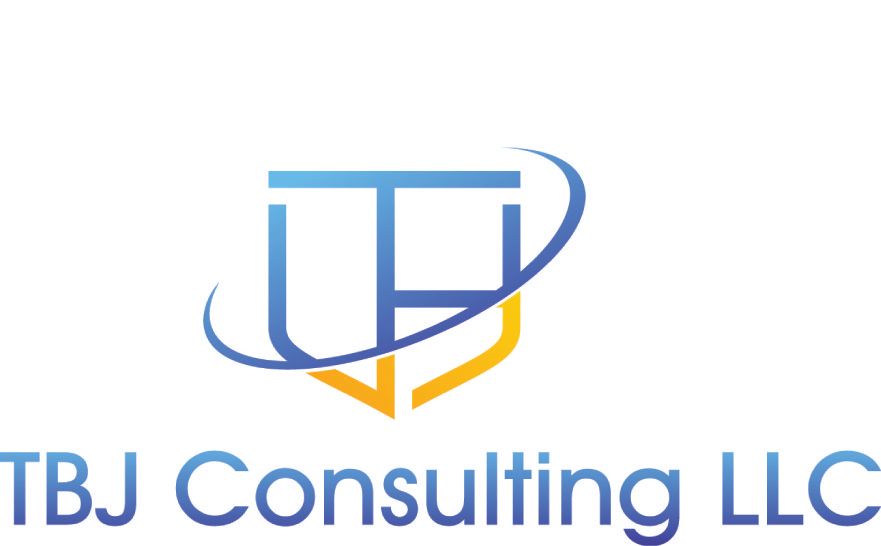Accountability and Communication: The Foundations of a Real Team
I believe one of the most important aspects of building a strong, reliable team is establishing accountability and effective communication. Without both, even talented people can end up spinning their wheels, wasting effort, and eroding trust.
Accountability
Why is accountability so critical? Because without it, teams drift into dysfunction. I’ve seen it firsthand: people who should be held responsible push their work onto those who care enough to get things done. Over time, resentment builds. The reliable people get burned out while the others skate by, and before long, you’ve got a toxic mix of frustration and quiet disengagement.
At a previous company, I worked in an environment where some individuals simply refused to perform their duties, and leadership didn’t intervene to correct the issue. The individuals who took their responsibilities seriously often ended up absorbing the extra load, frequently without recognition or support. Meanwhile, those who underperformed faced no consequences. The result was predictable: morale dropped, collaboration weakened, and trust evaporated.
Accountability doesn’t just keep people honest—it keeps the workload fair and expectations clear. It also creates a sense of ownership. When people know they’ll be held responsible for outcomes, they take pride in their work. Accountability isn’t about control or punishment; it’s about mutual respect and professional integrity. A culture without it breeds mediocrity.
Communication
If accountability is the structure, communication is the wiring that keeps the system alive. Without it, even the most talented team collapses.
When leaders don’t communicate expectations clearly—or worse, when they avoid difficult conversations—confusion takes over. I’ve seen what happens when communication fails: projects stall, people point fingers, and small misunderstandings grow into full-blown conflicts.
At a previous company, the lack of leadership communication was a constant barrier. Critical updates and priorities were often left unspoken or buried in side conversations. Meetings lacked direction, and follow-ups rarely happened. That kind of silence breeds chaos and disengagement. People stop speaking up because they think no one is listening.
Effective communication isn’t just about broadcasting—it’s about listening. Leaders who make space for honest dialogue earn trust and unlock creativity. When people feel heard, they take initiative. When they don’t, they check out.
Bringing It Together
Accountability and communication are inseparable. One without the other is like trying to drive a car with no steering or no gas—you’re either going nowhere or crashing fast.
A team that holds itself accountable and communicates clearly can handle almost anything: shifting priorities, tight deadlines, even the occasional bad decision from above. But when those two fundamentals are missing, no tool, policy, or “team-building exercise” will fix it.
Leadership starts by modeling both. Say what needs to be said. Follow through. Set expectations and then hold people—including yourself—to them. When everyone plays by those rules, teams don’t just work—they thrive.
Conclusion
When you create a culture where people are accountable and communicate effectively, you don’t need to rely on constant oversight. The team polices itself in a healthy way. People know what’s expected; they trust each other to follow through, and when things go wrong, they discuss the issue and work together to fix it.
That’s what separates high-performing teams from the ones that just survive the week. The difference isn’t luck or talent—it’s discipline, transparency, and respect. It’s the kind of culture where people don’t need to be managed every minute because they manage themselves.
True accountability and communication don’t just make the workplace run smoother—they make it worth showing up for.
